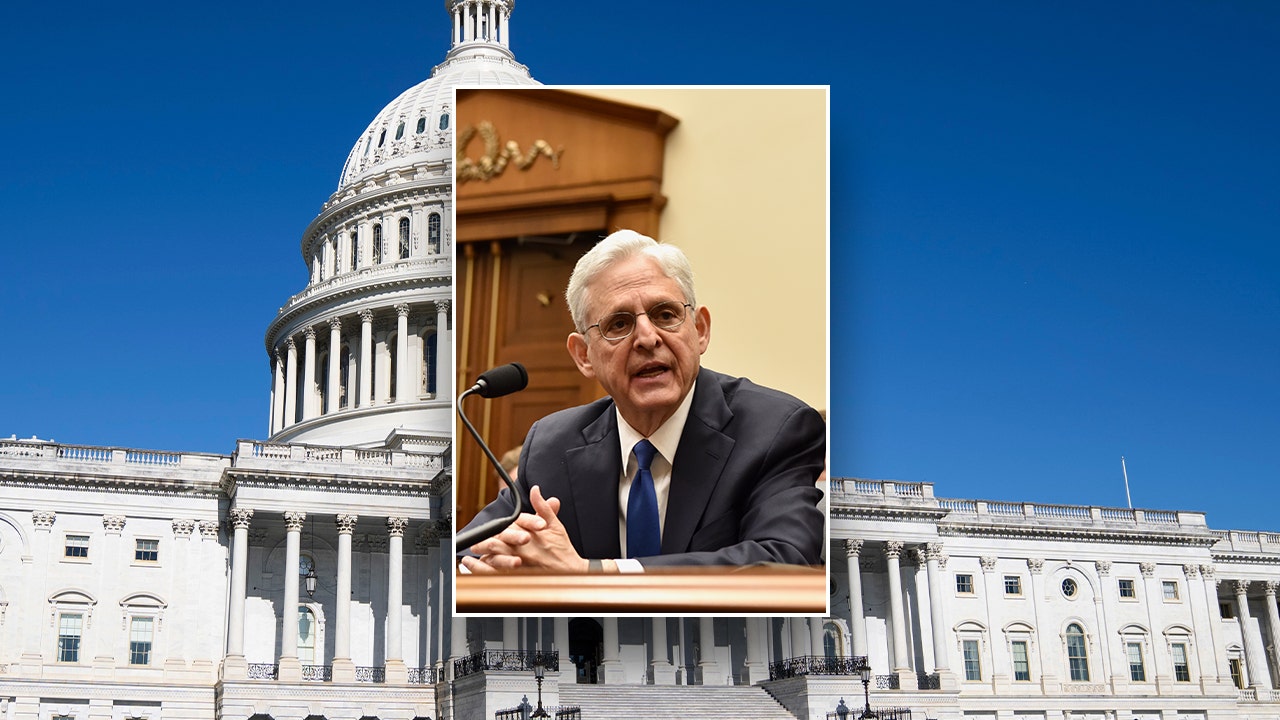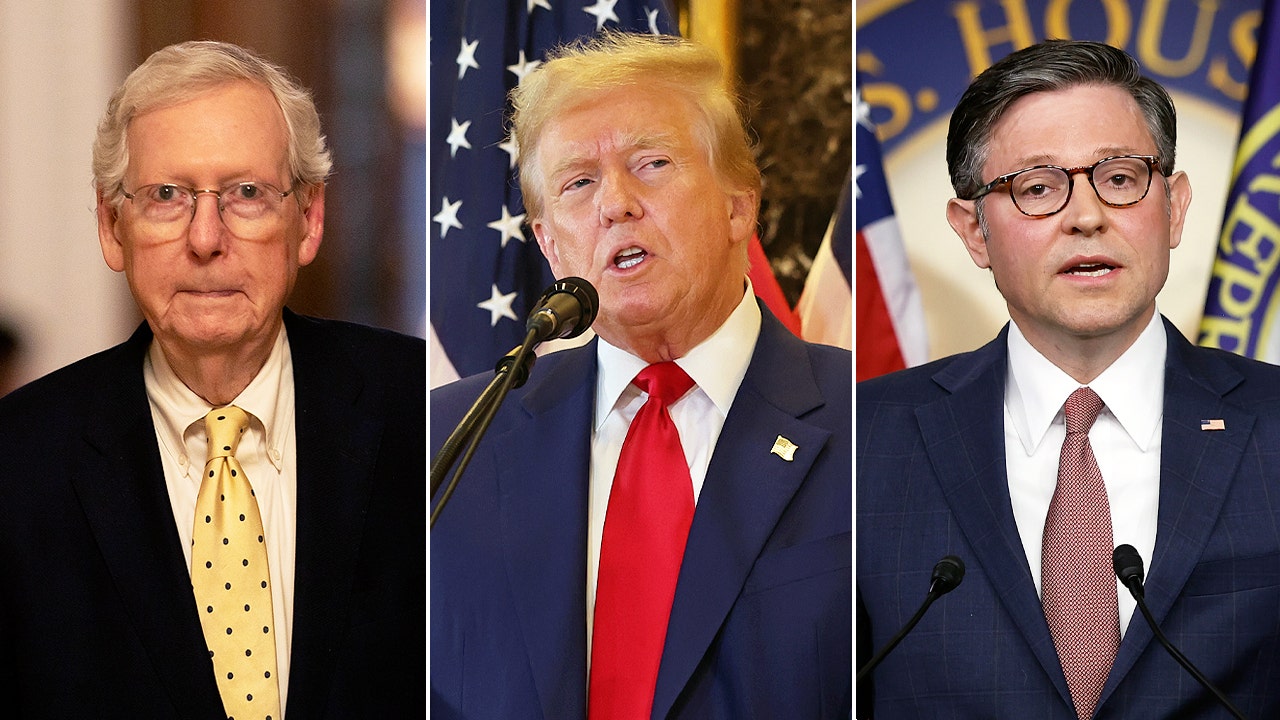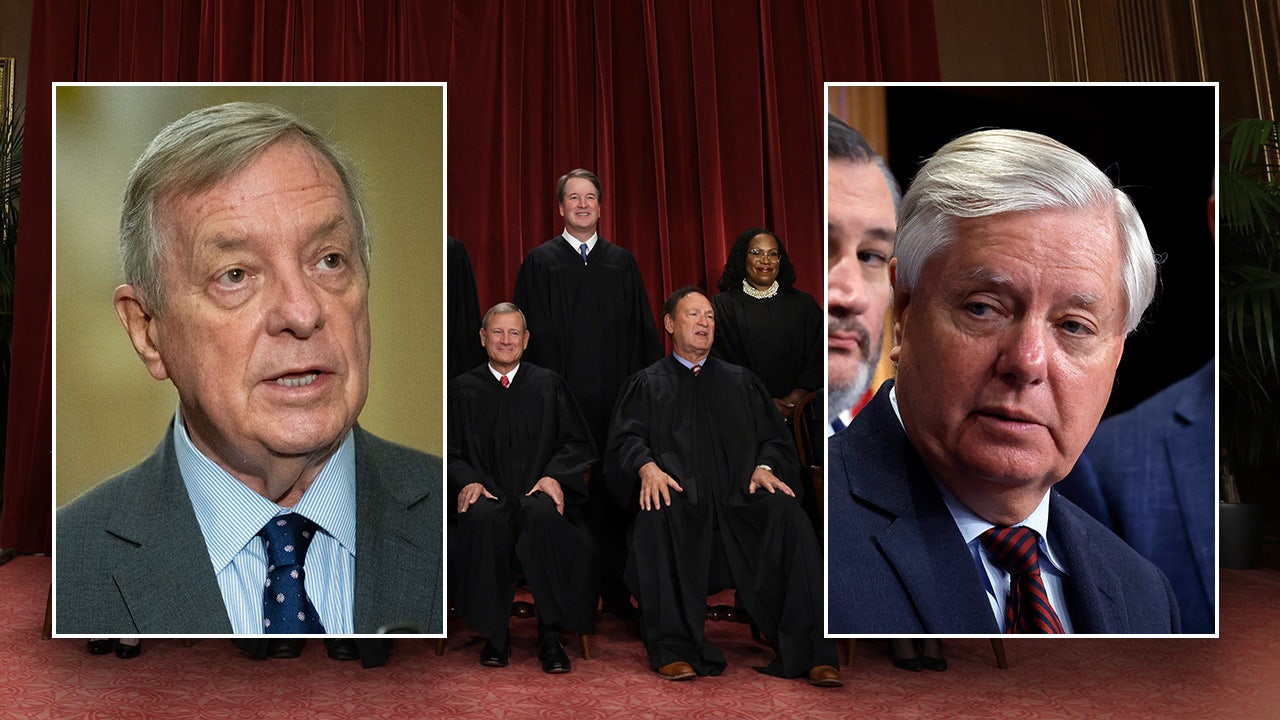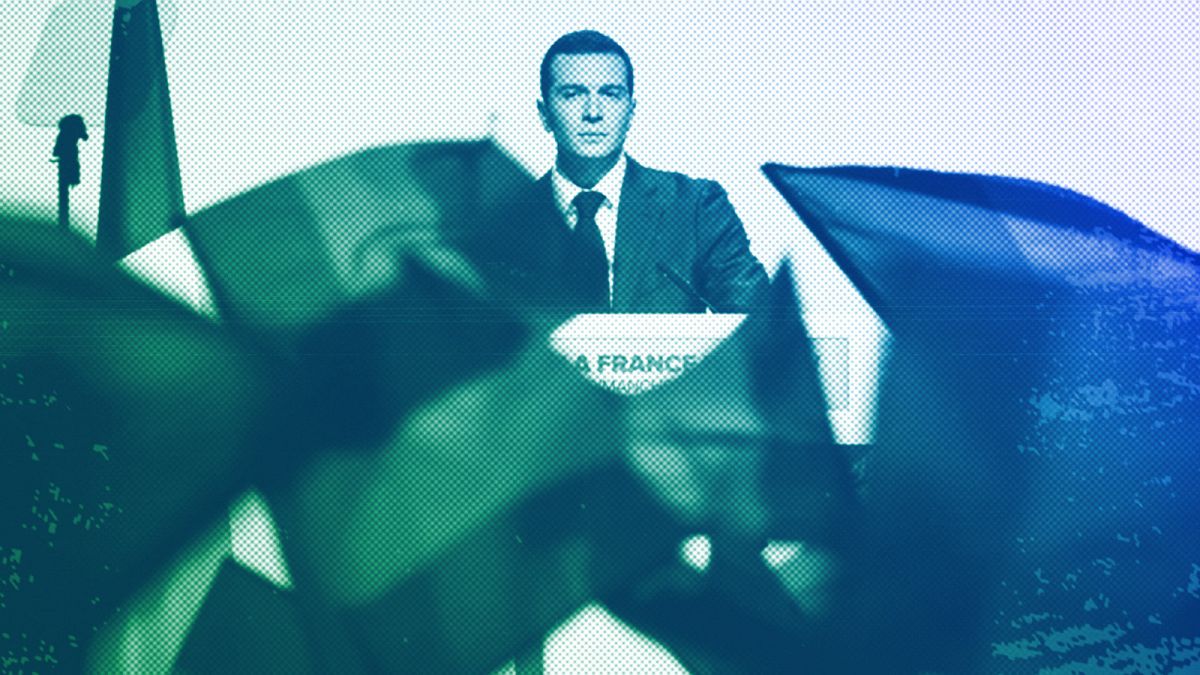Education
Florida Expected to Approve Classical Exam as a Competitor to the SAT

The Classic Learning Test is the college admissions exam that most students have never heard of. An alternative to the SAT and ACT for only a small number of mostly religious colleges, the test is known for its emphasis on the Western canon, with a big dose of Christian thought.
But on Friday, Florida’s public university system, which includes the University of Florida and Florida State University, is expected to become the first state system to approve the Classic Learning Test, or CLT, for use in admissions.
“We are always seeking ways to improve,” said Ray Rodrigues, the chancellor of the State University System of Florida, noting that the system, which serves a quarter million undergraduates, was the largest in the country to still require an entrance exam.
It’s the latest move by Gov. Ron DeSantis to shake up the education establishment, especially the College Board, the nonprofit behemoth that runs the SAT program.
Governor DeSantis, a Republican presidential candidate, has already rejected the College Board’s Advanced Placement course on African American studies, and sparred over content on gender and sexuality in A.P. Psychology.
Now, at a time when the College Board faces a dwindling number of students taking the SAT, Governor DeSantis is giving a big lift to an upstart competitor.
Jeremy Tate, the founder of Classic Learning Initiatives, the company that developed the test, insisted that the CLT is apolitical. It’s an effort, he said, to avoid educational fads and expose students to rich intellectual material.
The company, however, describes the CLT as part of “the larger educational freedom movement of our time” — language that echoes that of conservative supporters of private-school vouchers and tax credits for home-schoolers. The “end goal,” the company says, is “promoting a classical curriculum.”
After a century of dominance by the College Board and the nonprofit ACT — which administers the test of the same name — the emergence of an alternative is “healthy and overdue,” said Frederick Hess, director of education policy at the American Enterprise Institute, a center-right think tank. “It’s all for the best if this becomes a more vibrant marketplace.”
There has been pushback. The College Board and ACT say that there is little research that shows that the CLT can accurately assess college readiness. Some classics scholars say that the CLT’s vision of classical education is too narrow; others say it’s too expansive.
While there is no single definition of classical education, the CLT celebrates canonical works from Western civilization, with an emphasis on Greek, Roman and early Christian thought. Memorization, logic and debate are considered important skills.
The test has three sections: verbal reasoning, grammar and writing, and quantitative reasoning (math). Its English sections, like the SAT and ACT, ask students to read dense passages, demonstrate their comprehension via multiple-choice questions and spot grammatical errors.
But in sample materials, there is more religious thought, with passages from Thomas Aquinas; Jonathan Edwards, the Great Awakening preacher; and Teresa of Ávila, a 16th-century saint.
The CLT’s “author bank” — the range of writing that could be on an exam — includes the Mesopotamian poem “The Epic of Gilgamesh,” as well as Toni Morrison, Mary Wollstonecraft, Charles Darwin, Frederick Douglass, Ida B. Wells and Mohandas K. Gandhi. It heavily features Judeo-Christian religious thinkers, such as Saint Augustine, Maimonides and Martin Luther.
Mr. Tate, a former history teacher who founded the Classic Learning Test in 2015, said his company had made an effort to diversify the material by including more passages from African and South American writers. That echoes changes made by the ACT and SAT over time, but has prompted accusations of “wokeness” from the right.
Neither the SAT nor ACT publish their author banks, which is standard practice in the testing industry. Sample exams show that both tests sometimes include classic philosophical texts, but generally not religious ones. And in comparing sample exams, the SAT and ACT tend to include more contemporary memoir and fiction, while also depicting a more diverse range of modern-day people.
Priscilla Rodriguez, a senior vice president at the College Board, said there was no blanket SAT ban on religious writing, and noted that some SAT exams had featured writings from the American founders that referenced faith.
ACT, the nonprofit, said in a written statement: “We do not, and have never, narrowly focused on any one particular intellectual tradition. ACT’s primary concern has always been reflecting the material currently in use in American schools.”
Sam Davis, 20, said some of his classmates at James Madison University in Virginia would find the CLT’s reading material “bewildering,” given their experiences reading more contemporary, secular texts.
But Mr. Davis said that as a high school student, he had found the CLT to be a better reflection of his values and education at the Veritas School, a Christian academy in Richmond, Va.
“The CLT feels like it was written by humans,” he said. “You have a test out there that offers teachers and students an excuse and an opportunity to study something that feels richer and fuller.”
There is limited data available about the Classic Learning Test. From 2016 to 2023, only about 21,000 high school juniors and seniors took the exam, according to a company report; in the high school class of 2022, 1.7 million took the SAT and 1.3 million took the ACT.
The last study on the CLT’s ability to accurately measure skills, and the performance of various demographic groups, was published in 2018; the company said new statistics would be released next month.
Ms. Rodriguez, of the College Board, said the SAT was continuously tested to ensure that students’ scores would predict their performance in college — whether they attended high school in Sarasota or Singapore, public or private, progressive or Pentecostal. The CLT does not have the same research backing, she said.
Mr. Tate has grand ambitions for his test, including an expansion into the public education system.
Given those goals, Mr. Tate said he was “nervous” about the test becoming too closely associated with “a particular partisan group.”
That concern is shared by the president of the CLT’s academic board, Angel Adams Parham, a sociologist at the University of Virginia who studies the history of race. She is personally active in Black home-schooling and Christian education.
“Yes, there are divisive politics” around classical education, Professor Parham said. “But does that mean that classical education itself is inherently divisive or exclusive? I would answer, ‘No.’”
Classics, as a discipline, has become enmeshed in its own debates over diversity, and some classics scholars are trying to shake off its reputation as an elitist subject dominated by white men. Many classicists are skeptical of the way that their field is being talked about in K-12 education.
“I could never support a test or an approach that privileges one religion and one culture above all others,” said Sarah Bond, a historian of ancient Rome at the University of Iowa.
Outside the world of religious education, colleges and students have been slow to accept the CLT. The company’s website lists a handful of secular colleges as “partners,” but several said they had little or no experience with the exam.
Stetson University, a private college in DeLand, Fla., said it would begin accepting CLT scores this year, but a spokesman said the school had not yet received requests from prospective students to submit them.
Fisk University, a historically Black college in Nashville, is listed as a partner, but said that it does not accept CLT scores.
Mr. Tate said that the company might have listed some schools because they had a general test-optional policy, suggesting openness to a broad array of admissions materials.
“We want to be No. 1 over SAT and ACT,” he said. But, he added, “We did not start the CLT because we thought standardized testing was the greatest thing in the world. We see it as a lever with a huge impact on curriculum.”

Education
Video: Clashes Break Out at U.C.L.A.

new video loaded: Clashes Break Out at U.C.L.A.
transcript
transcript
Clashes Break Out at U.C.L.A.
Police arrested more than 20 pro-Palestinian demonstrators on U.C.L.A.’s campus after several physical confrontations with security guards.
-
“Are you OK, are you OK?” “Don’t hit him. Don’t hit.” “Wrong person, wrong person, wrong person.” “I was just holding you.”
Recent episodes in Israel-Hamas War
Education
Read a Judge’s Letter of Recommendation for Elias Irizarry

Tanya S. Chutkan
Judge
UNITED STATES DISTRICT COURT
FOR THE DISTRICT OF COLUMBIA
June 1, 2023
E. BARRETT PRETTYMAN COURTHOUSE
WASHINGTON, DC 20001
202-354-3390
The Citadel, The Military College of South Carolina
Admissions Office
171 Moultrie Street
Charleston, South Carolina 29409
Re:
Letter of Recommendation for Elias Irizarry for Readmission to The Citadel
Dear Admissions Office,
I am writing to recommend Elias Irizarry for readmission to The Citadel. I first encountered Mr.
Irizarry in 2021, when he appeared as a defendant in one of my cases, and I have had the opportunity to
learn more about him during the plea hearing, status conferences, and sentencing hearing. It is rare for
me to write a letter on behalf of a defendant, and this is the first time I have done so to recommend a
defendant for college admission. But Mr. Irizarry impressed me and has demonstrated that he is an
individual worthy of a second chance.
In considering Mr. Irizarry’s particular circumstances, I am reminded of the words of human
rights lawyer Bryan Stevenson: “Each of us is more than the worst thing we’ve ever done.” These
words acknowledge the potential for growth and transformation within us all, especially for someone as
young as Mr. Irizarry, who was only 19 years old when he committed the offense for which I sentenced
him. I ask that you look beyond Mr. Irizarry’s past mistakes, for which he has demonstrated genuine
remorse, defer to his exceptionally positive history, and allow him the opportunity to prove that the sum
of his character extends beyond a singular flawed decision.
Mr. Irizarry is a bright young man who wishes to serve his community and his country. He has
been a diligent and committed student and community member and received outstanding grades and
numerous accolades from esteemed institutions like The Citadel, the United States Marine Corps, Model
UN, and JROTC. Over the past five years, he has dedicated nearly 600 hours to community service,
assisting at hurricane sites and a Veterans Hospital. He has further demonstrated his commitment for
civil service by completing training to become a FEMA volunteer firefighter.
Although Mr. Irizarry’s actions were serious and were dealt with as such, it is important to weigh
his youth and susceptibility to influence. As a judge and the mother of two sons in their twenties, I
know that Mr. Irizarry is at a crucial inflection point for young adults. The educational system, like the
criminal justice system, can serve as a catalyst for positive transformation, enabling youth to learn from
their mistakes.
Accordingly, I write this letter because Mr. Irizarry has displayed impressive sincerity, remorse,
and a determination to make amends. I believe that if he is given the opportunity to re-enroll at The
Citadel, he will continue to thrive academically and personally, as well as encourage others to overcome
obstacles and pursue public service.
Should you require any further information or assistance, please do not hesitate to contact me.
Sincerely,
Tanya S. Chutkan
Tanya S. Chutkan
Education
Video: ‘It Didn’t Have to Happen This Way:’ U.Va. Faculty Call for Review of Police Response to Protests

Protesters: “Disclose! Divest!” In student-led protests around the country, university faculty have stood in support of demonstrators, risking arrest. “He is a professor. He is a professor.” At the University of Virginia, The Times got an inside look at faculty’s role. “I can take you through the blow by blow of the day if you want.” And how their negotiations with police broke down at a crucial moment. “Why is he —” “Back up.” “In a wanton fashion, they allowed the Virginia State Police to come here fully armed, rifles, mace. One of my colleagues was standing right there trying to talk to the Virginia State Police. He got arrested. The other one standing next to him got pushed back behind the line, and he got partially maced. It didn’t have to happen this way.” The night before police raided a pro-Palestinian encampment, a few University of Virginia professors tried to deescalate the standoff and recorded their conversation with the university police chief, Tim Longo. The Times agreed to blur the faces of faculty who had concerns about their job security. Protesters had refused to engage with the university. So a handful of professors stepped in to be intermediaries. This, at times, frustrated administrators who told The Times the process required a leap of faith. “We basically took shifts, two-hour shifts being here. We had these yellow armbands that we wore to distinguish that we were faculty liaison. And our job really was just to communicate between the administration, the police and the students.” Hours later, Professors Walter Heinecke and Mark Sicoli, who documented the incident on his phone, approached the police chief again, stating confusion about what the campus policy actually states for use of smaller recreational tents. Within half an hour, before professors and police could come to an agreement about the tent policy, Chief Longo called the Virginia State Police. Troopers soon arrived with pepper spray and M4 assault rifles to help dismantle the encampment. In all, a few dozen protesters in about 20 tents. “Shame on you. Shame on you.” University officials say they warned protesters for days that they were in violation of school policy. Twenty-seven people were arrested, including at least one professor, who declined to speak with us for this story. “He is a professor. This is a professor.” “We were in front of the camp students. And then in front of us were faculty. And then the Virginia State Police were here and moved in. I was hit with a riot shield, which is when I got this bruise. They pepper-sprayed me. I was detained for about 10 minutes, if I had to guess. And then eventually, they just, like, cut off my zip ties.” The heavy police response raised alarm across campus. And now, several faculty members, including Heinecke, want to hold the university accountable for what they say was a violent clampdown on free speech, protesting Israel’s war in Gaza. “I’ve just got to show you one thing where they get around on —” “If they would have just said, you know, let’s negotiate, let’s leave the tents up for a couple more days and we’ll negotiate this out. It’s not like you’re robbing a bank or anything. You put a couple of tents on. Why couldn’t we have just done this a different way because the stakes were so low?” The university president and campus police chief did not respond to requests for comment. “And then I’ll turn to Chief Longo.” But in a virtual town hall on May 7, university police and administration defended their actions, citing unidentified outside agitators as a primary concern. “The police were met with physical confrontation and attempted assault, and didn’t feel equipped to engage given the situation. That’s when the decision was made to call on the state police.” “We have a duty to fight for Palestine.” “We have a —” “I was afraid that myself and the assistant chief would be surrounded, and that we would be put in a position to have to defend ourselves. It was clear to me by word and action, this was escalating.” “Free, free Palestine.” “In front of the historic rotunda.” In response, Heinecke and several other faculty members held their own town hall to try to show that the police action was unwarranted. Then on May 10, the U.V.A. faculty senate held a hearing with President Ryan to discuss the university response to protests. “I, for one, am thankful for him that he prevented us to get into a situation, which would be similar to a Columbia.” While there was support, most of the speakers were critical. “My heart broke because of what took place.” “To the condemnable call of the Virginia State Police in full gear, and the use of excessive force to terrorize our students in their own backyard.” “If all of you decide I’m not the right leader, that’s your choice.” In a vote, faculty called for an independent review of his and Chief Longo’s decisions on May 4, but stopped short of condemning the police action outright. “All right. Once again, I need people who are just here for court.” On the same day across town, supporters of protesters facing trespassing charges gathered in solidarity at the courthouse. “It’s first hearing for everybody who was charged with trespass, which includes our two students.” On May 15, many of those arrested at the protest encampment had their charges dismissed by the public prosecutor. A U.V.A. spokesman told The Times that the university has not yet agreed to an independent review of its decision to call in state police.
-

 Politics1 week ago
Politics1 week agoPresident Biden had front row seat to dog, Commander, repeatedly biting Secret Service agents: report
-

 Politics1 week ago
Politics1 week agoBiden's attorney general is fighting back as the GOP-led House contemplates contempt
-

 News1 week ago
News1 week ago171,000 Traveled for Abortions Last Year. See Where They Went.
-

 Politics1 week ago
Politics1 week agoTrump travels to DC to meet with congressional Republicans, speak with nation's top business executives
-

 Politics1 week ago
Politics1 week agoDurbin looks to force Supreme Court ethics bill vote amid Alito controversy
-

 World1 week ago
World1 week agoThe far right will probably fall short in French legislative elections
-

 World1 week ago
World1 week agoHezbollah rains rockets on Israel after senior commander killed
-

 News1 week ago
News1 week agoPhotographer shares ‘magical’ photos of rare white bison calf at Yellowstone














